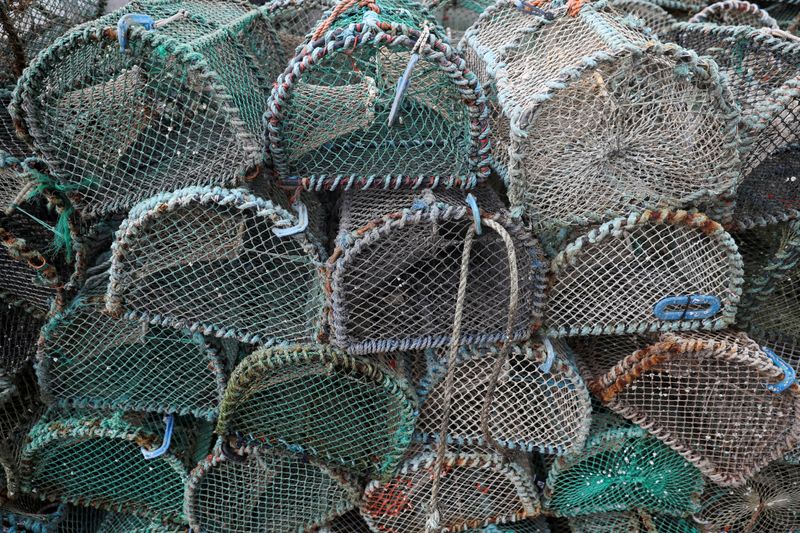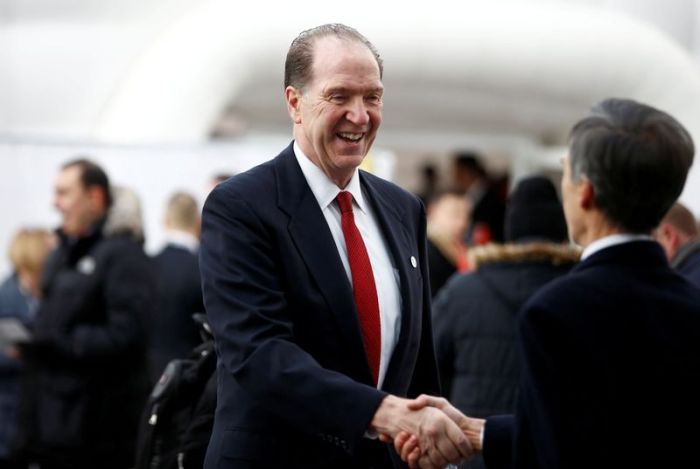LONDON (Reuters) – Britain believes it can resolve post-Brexit “teething issues” that have disrupted exports of Scottish fish to the European Union, a minister said on Thursday, in comments that further charged tensions with Scotland’s largest political party.
Since Britain completed its journey out of the EU at the end of last year, Scottish fish companies have seen some of their exports rejected by several nations in the bloc after new customs demands delayed the arrival of their produce. Some businesses have said they face ruin.
The disruption, and comments by various ministers downplaying the issue, have angered Scottish National Party (SNP) lawmakers who never supported Prime Minister Boris Johnson’s Brexit project and want to press on with a second independence vote.
Trying to ease concerns, food minister George Eustice told parliament his staff had held meetings with Dutch, French and Irish officials to try to “iron out some of these teething problems”.
“They are only teething problems,” he said. “When people get used to using the paperwork goods will flow.”
Eustice said with no grace period to introduce the rules, the industry was having to adapt to them in real time, dealing with such issues as what colour ink can be used to fill in forms.
Jacob Rees-Mogg, leader of the lower house of parliament for the governing Conservative Party, later went on to argue that the fish were now happier being British.
“The key is that we’ve got our fish back. They’re British fish and they’re better and happier fish for it,” he told parliament.
The comments have only fuelled anger in the SNP, which has called for compensation and says the disruption underlines that Scotland would be better off as an independent nation.
Scots voted against breaking away from the United Kingdom by 55% to 45% in a referendum in 2014 but the country favoured remaining in the EU in the UK’s 2016 Brexit poll.
An opinion poll published on Thursday found the SNP is on course to win a record majority in elections for Scotland’s devolved parliament in May, which would signal a new push for independence by Scottish First Minister Nicola Sturgeon.
But a spokesman for Johnson, who has repeatedly refused to grant Scotland another vote on the issue, said the government was looking at ways to compensate those affected by what he described as “temporary issues”.
The government says it has handed the Scottish government almost 200 million pounds to help minimise any disruption, which ministers say they had flagged for months before Britain ended a transition period with the EU on Dec. 31.
Asked by one lawmaker what the government would do about the disruption, trade minister Liz Truss told the SNP to ask what their party’s own leader Sturgeon had done to help companies.
“Two hundred million pounds was given to the Scottish government to prepare to minimise this disruption so I suggest he (the lawmaker) takes up that issue with Nicola Sturgeon to know how that money is being spent to help Scottish exporters.”
(Reporting by Kate Holton, Paul Sandle and Elizabeth Piper; Editing by Catherine Evans)



























